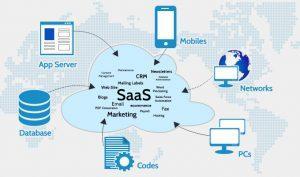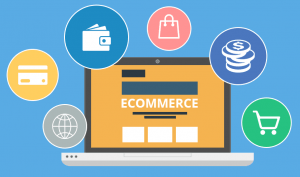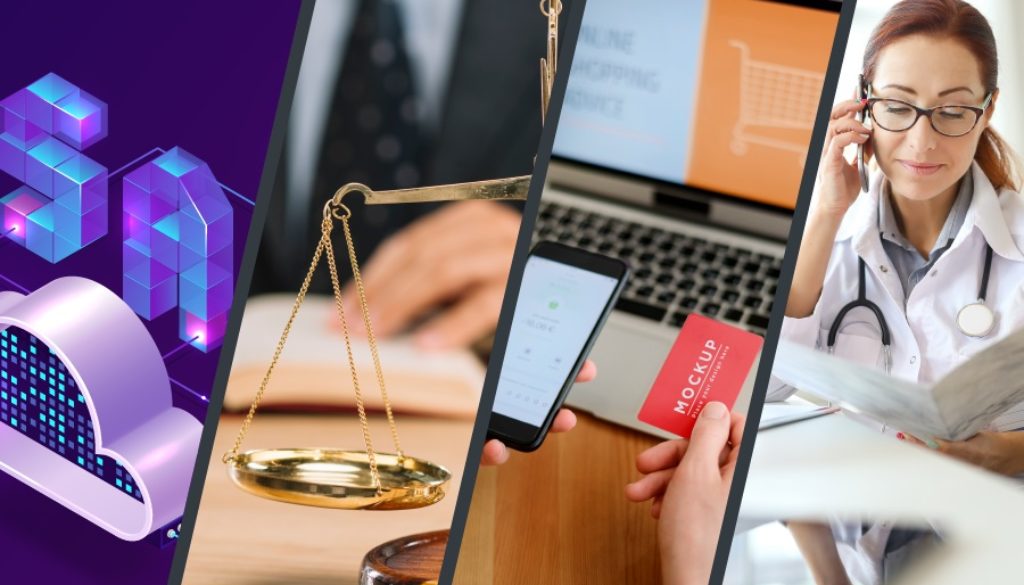4 Industries That Need Professional Translators In 2020
Your industries is in need for professional translators? Despite the extent to which the COVID-19 pandemic has damaged the travel and tourism industries, the world is still more keenly connected than ever before. It’s all due to the availability and reliability of internet infrastructure (supported by widespread digital training). Within a few seconds, almost anyone can start a discussion with someone thousands of miles away.
This has a couple of interesting and contrasting effects. Firstly, it reminds us all that we’re not so different. We’re all looking for conversation and connection. Secondly, it makes it abundantly clear how differently we communicate. Two people from similar parts of the world can run into terms they use distinctly, so international exchanges can be highly confusing.
In casual chats, we can rely on automated translation services — but they’re seriously limited in what they can achieve, particularly when it comes to nuance and context. In the business world, there’s often a need for manual translation from highly-trained professionals like HI-COM. In this post, we’re going to look at four particular industries that need professional translators in 2020. Let’s begin.
SaaS
The SaaS world (SaaS standing for software as a service) has risen dramatically in popularity during the lockdowns of 2020, making it possible for companies of many kids to pivot to remote working. Whether it’s the broad productivity enhancement of G Suite or the meeting-managing videoconferencing of Zoom, professionals of most stripes can get their work done from home.
Since the pandemic has affected (almost) the entire world, though, the demand for software has been global, which means that any ambitious SaaS developer will want to at least consider offering their services internationally — and that demands professional translation to ensure that the navigational elements make total sense and there’s a consistently-good user experience. Even mild awkwardness in the translation of a menu item can lead to a terrible user experience that ends up damaging the brand’s reputation.

Ecommerce
People stuck at home this year (during the middle of the year in particular) had little choice but to turn to online retail to collect supplies: after all, most brick-and-mortar stores were shuttered, and visiting those still open — those considered essential — was an intimidating prospect. This led to online sellers seeing their profits rise instead of fall.
At the same time, ecommerce became appealing to them for another reason: it offered a route to making money while they were unable to work due to COVID-19. Setting up a modern online store is extremely easy and not at all expensive, and fulfilment methods such as dropshipping allow novice sellers to operate without needing to directly source any products.
Since ecommerce is heavily international (in addition to importing from it, many Western sellers now export their wares to China), it requires some diligent translation to ensure that products are tagged correctly, descriptions sound natural, and all associated marketing campaigns are designed to meet the needs and preferences of their target local audiences.

Law
There are two big reasons why taking legal action has seemed worthwhile to so many people this year. With so many jobs being lost and people struggling to make ends meet, they’ve been driven to seek legal justice somehow — looking for the law to step in when they’ve been treated unfairly by their employers. Additionally, the general unrest stemming from so many people being stuck at home (and from global protests) has led to interpersonal tensions.
Now, legal language can be difficult enough to parse when you’re using just one language, so what about when a tourist stuck in a country during a quarantine period needs to make a legal case for financial aid or another form of support? They need professional assistance to get their thoughts across clearly and ensure that nothing is lost in translation.

Healthcare
On the whole, there’s a strong case to be made that the healthcare industry has the biggest need for professional translators, and the justification is fairly obvious. This virus needs to be tracked and analysed on a global scale, which means speaking to presumed or confirmed sufferers from throughout the world — and that conversation can’t be vague. It needs to touch upon the exact details: when symptoms began, what they involved, how they felt, etc.
Even a small misunderstanding during this process of analysis can lead to flawed conclusions, and those flawed conclusions can spawn significant setbacks in the treatment process. Professional translators in the healthcare world, then, are absolutely essential in 2020, and efforts to combat COVID-19 would be doomed without them.

Micro Startups is your online destination for everything startup. We’re dedicated to spreading the word about hard-working solopreneurs and SMEs making waves in the business world. Visit the blog for your latest dose of startup, entrepreneur, and charity insights from top experts around the globe @getmicrostarted.
Want to learn more about translation? Shoot us an email!
HI-COM is a multilingual communication agency dedicated to provide high-quality translation to businesses around the world. Working with more than 100 brands, HI-COM is the go-to partner of companies!! Contact us for your free consultation today!
Scan QR code to follow Translation news or Contact us on WeChat:




